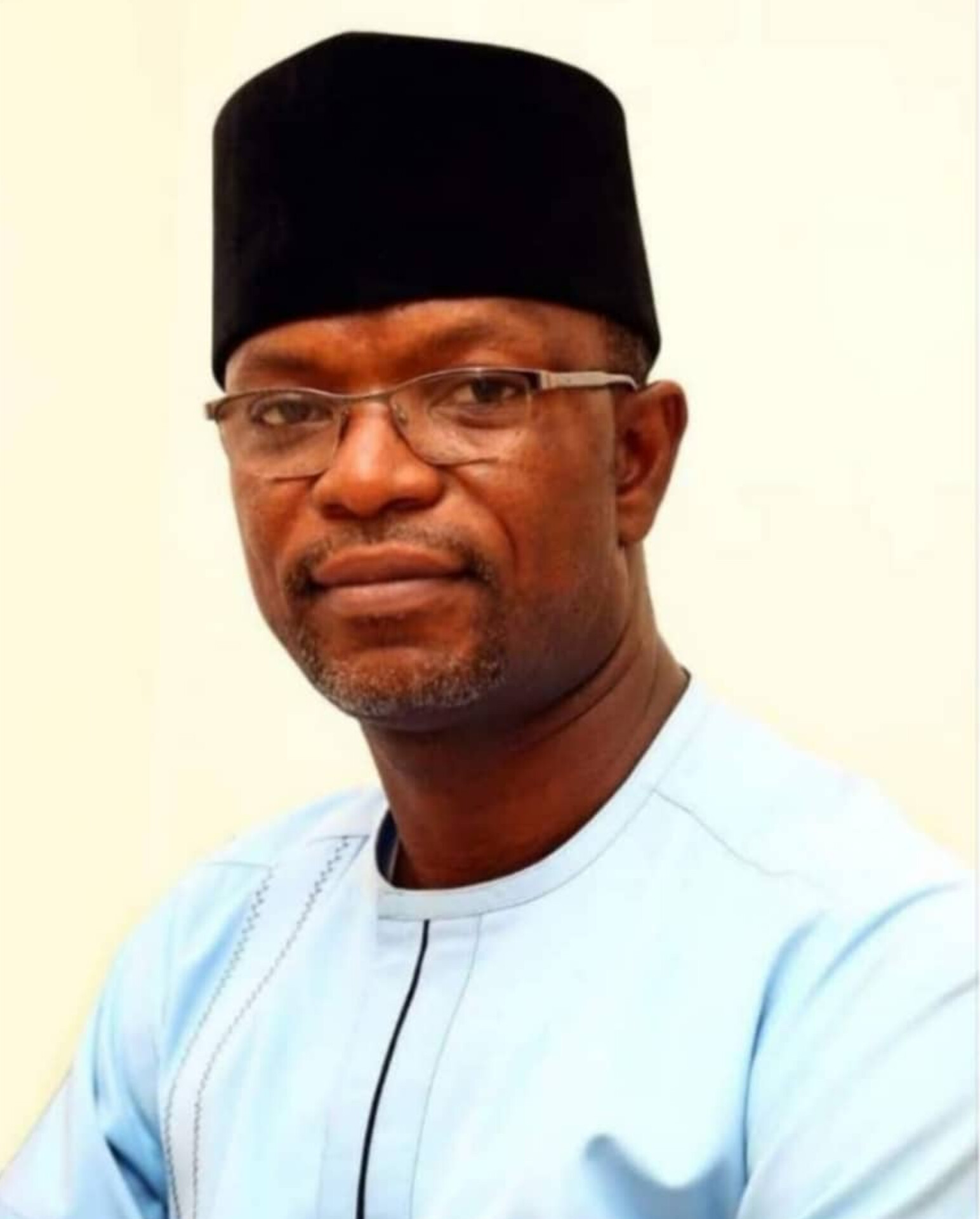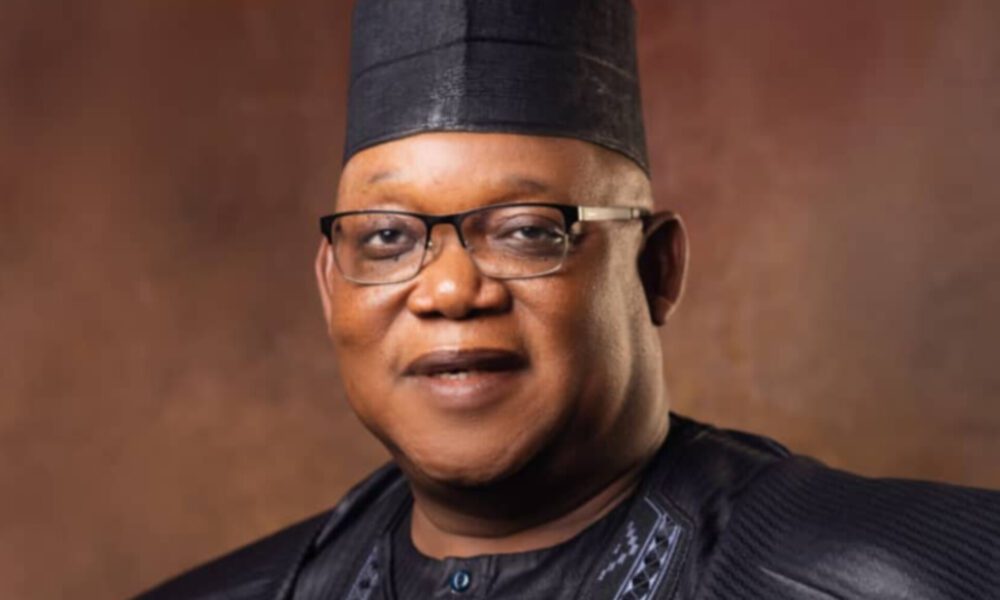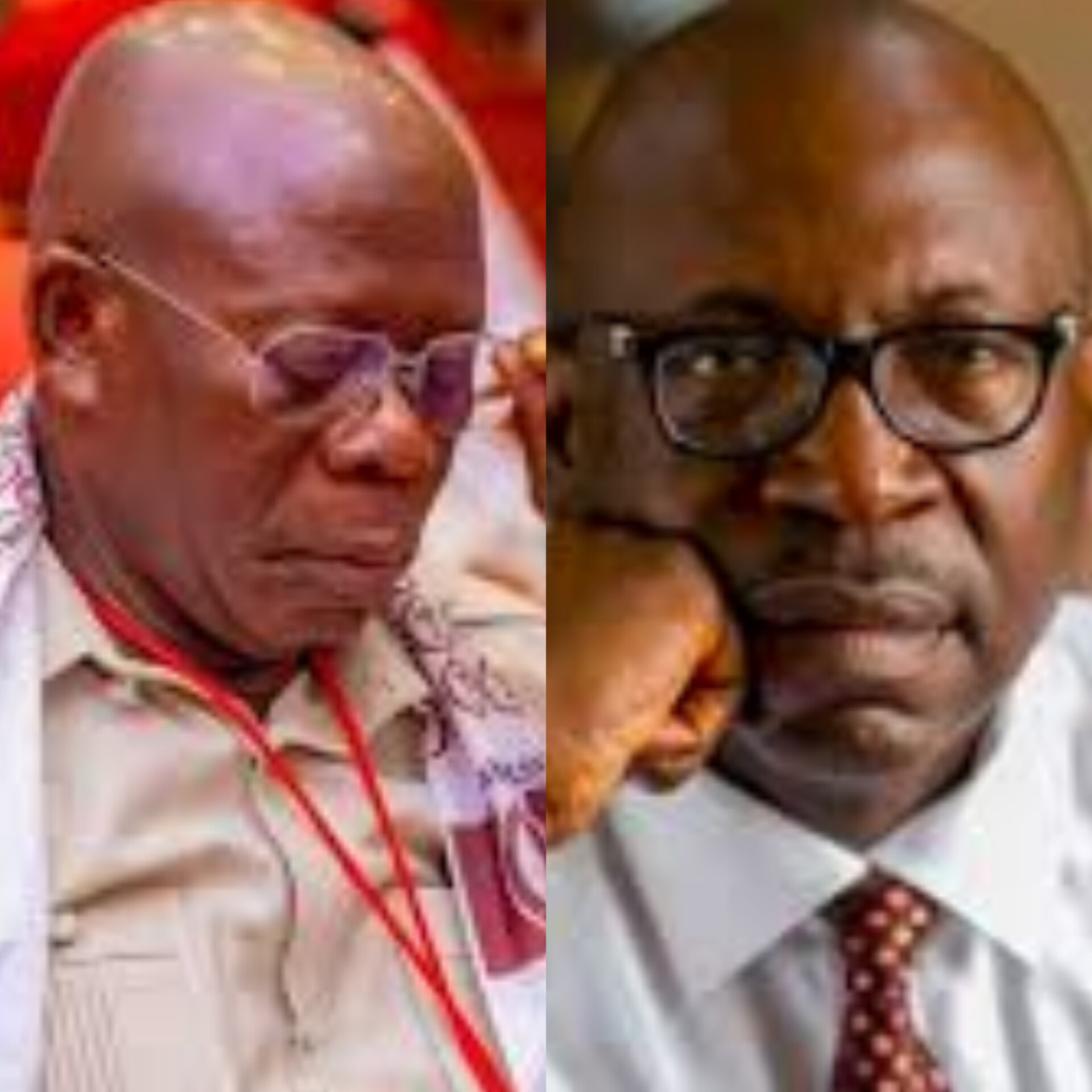Law, incidentally, does not enjoy a universal acceptance in terms of definitions. There are points of convergence as there are points which presuppose definitional parallelism. The absence of this universality in definition, when juxtaposed with other disciplines known to mankind, clearly underscores the uniqueness of law as a discipline. As such, any definition of law proffered will definitely lay bare the dictates of which school of thought which the proponent of such definition adheres to. This treatise, purposively, is not an attempt to offer lectures on Jurisprudence; as such, the urge to further elucidate on the theories of law will therefore be consciously avoided. Yet, it is imperative to mention that currently, laws which proceed from the people are favoured against laws which proceed from the Leviathan since law ought to be ‘people-oriented’. By so doing, the logic of force is obviated and the force of logic entrenched and enforced.
The attempt to constantly ensure that there is a viable atmosphere for the entrenchment of the force of logic in the affairs of a people or groups of peoples crystallized in democracy (or republicanism) as a system of governance. In this type of political arrangement, ‘people-oriented’ laws are ensured or at least, expected. It was in view of this that the extant constitution of the Federal Republic of Nigeria, its innumerable amendments notwithstanding, had in the past and currently pilloried as ‘not autochthonous’.
It is unarguable; the fact that some norms that guide a particular society, especially those borne out of prolonged usage and acceptance, largely remain unwritten, uncodified and unlegislated upon, thus depriving them of the force of law. Yet, it does not in any manner reduce the conscious obeisance accorded to them by the majority of the populace. For instance, in the South of Nigeria, it is not illegal for someone to have carnal knowledge of the spouse of another, as long as it is lawful. But in the North of Nigeria where the Penal Code is operative, adultery has been legislated into an offence for which one, if proven guilty, can be penalized. Thus, in the South of Nigeria, no one can be penalized for adultery (which is in the realm of moral wrong); it is only expected that one should not engage in such moral wrong.

In these years leading to the 2023 general elections in Nigeria, zoning or rotational governance has once again taken the front burner in national (political) debates. Some persons have even, in a seeming feat of prophesy, suggested that the adherence to zoning or the lack therefore will determine the automatic survival or decimation of the Nigerian Republic – and even if the non-adherence to zoning does not immediately initiate the death of Nigeria, it would at least activate her winding-up proceedings. It is therefore deviously impish, to say the least, to even slightly suggest that a topic which dominates national discourse should be suppressed locally. In my very humble opinion, the foremost concern ought to be, as recently suggested by Nnamdi Nwokedi, to ensure that those who will be fielded from the desired zone be people who would not be overwhelmed by or averse to the art and demand of modern governance as I have also suggested elsewhere.
If we all agree that law is a set of rules or norms which guide a society, either borne of custom, collective habit or long usage, then the idea or practice of ‘zoning or rotational governance’, as unwritten, unlegislated and uncodified as it remains, is by every means, a law. It will be utterly puerile to argue otherwise. We have to bear in mind that the six geo-political zones which Nigeria has been partitioned into is not a product of any written law but an extra-legal policy adopted to make the management of a rather unwieldy polity easier.
Agaptus Nwozor submitted, and rightly so, that “the absence of an authoritative constitutional beacon as a guide for what constitutes Nigerian political zones does not invalidate their usefulness as essential categories.” Asides the whitepaper submitted to the General Sani Abacha administration following what was known as the 1994 constitutional conference, the only official document wherein zoning was adopted is the constitution of the Peoples Democratic Party in its Article 7(2)(c). According to Nwozor (supra), “the PDP constitution not only recognized the imperative of zoning and rotation as irreducible requirements for engendering feelings of inclusiveness and belonging, it also implied an order of rotation in 1999. Therefore, contrary to arguments that there was no order or sequence of rotation, there was indeed an inferable order evident within the restrictions imposed by the PDP in 1999: it closed its doors to northern presidential aspirants and only considered presidential aspirants from the south-east, south-south and south-west. The late Alhaji Abubakar Rimi, a North-Easterner, who defied the zoning and rotation principle to purchase the presidential nomination form, was refunded his nomination fee and was forbidden from contesting. This indicates that the PDP operated its zoning and rotation principle not as a tabula rasa, but as recognizing the realities of northern domination of the presidency since 1960.” What is more? The provisions of section 14 (3) and (4) and such similar provisions found in the 1999 Constitution of the Federal Republic of Nigeria (as amended) if given a wider interpretation, will accommodate and support the idea of zoning as they have given the principles of fairness, equity and inclusion a legislative imprimatur.
If one is to draw an analogy from the Rimi instance above, then the argument that zoning never existed in Enugu State as some aspirants had stood for elections in spite of the touted existence of zoning will fall flat on its face. In the circumstance, that argument will be weightless, the deliberate violation of the zoning norm, which in my most humble opinion is borne out of a needless exhibitionism, notwithstanding. As a matter of fact, there will never be an end to people’s choice to stand on the opposite side of the law – and as always, there shall be consequence. In Enugu State, Chief Hyde Onuaguluchi, Chief Gbazuagu Nweke Gbazuagu, Fidel Ayogu, Okey Ezea, etc, were at some time in history, beneficiaries of the consequence of such stiff neck violation of what has become the norm. More than any other (PDP) State in Nigeria, it seems that Enugu State has over the years fine-tuned or perfected the zoning policy. It is worthy of note that in from 2007 till date, no person from Enugu East Senatorial District of the State has contested to be elected the Governor of Enugu State.
Recently too – and thankfully so – following the poor outing of the PDP in the 2015 general elections, a committee was set up by the party for the purpose of ‘self-examination’. That Committee was headed by Distinguished Senator Ike Ekweremmadu. After various sessions of introspection, the Committee held as follows: “Since the last president of PDP extraction came from the southern part of Nigeria, it is recommended that PDP’s presidential candidate in 2019 general election should come from the northern part of the country in accordance with the popular views expressed in the submissions to the committee.” The Ekweremmadu-Committee further held thus: “the zoning principle, which has been the strength of the party, should be strictly adhered to as a matter of urgency at all levels!” The resolution of the Committee is clear and unambiguous and as such, the meaning is not farfetched.
In view of the above, the treaties submitted on this issue by Austin Okolie, with respect, is quite pedestrian, to say the least; and instead of smoothening the path of the distinguished Senator, as intended, has only succeeded in making it rugged and in turn, branding him as opportunistic and desperate. The culture of the PDP, evident in their constitution and most recently, the recommendation of the Ekweremmadu-Committee as also highlighted in the essay of Ezenwa Okenwa, are hard, stubborn facts which, in my very humble view, have placed the distinguished Senator and his camp between a rock and a hard place as far as the issue of zoning is concerned. It would be a herculean task extricating themselves therefrom without bruises – that is, if the attempt does not end in abysmal failure.
In alliance with the submissions of Dr. Dons Eze, I will quickly add that the principle of zoning or rotational governance, as far as Enugu State is concerned, will effortlessly find its roots in Historical and Anthropological Jurisprudence, particularly, the ‘Volksgeist’ theory which emphasizes that “all law originated in custom”. The History of the zoning arrangement in Enugu State has variously been stated and analyzed; particularly the feeling that eventually led to Dr. Okwesilieze Nwodo, a political neophyte at the time, being the pioneer Governor of Enugu State – a choice made in vehement opposition to other known names that could have easily scooped the coveted mantle. The urge to go into that history is herein jettisoned and dismissed as needless.
According to Lloyd, “law is not an abstract set of rules simply imposed on society, but is an integral part of that society, having deep roots in the social and economic habits and attitudes of its past and present members”. Thus, if we are to abide by the dictates of reason, there should be no ruckus about zoning or rotational governance in Enugu State. Pray, tell, which section of our constitution made it mandatory that a President from the North of the country should be paired with a Vice-President from the South- and that a Northern Muslim President ought to have as running mate, a Christian from the South- and vice versa. Pray, tell again, where it was written that the Governor of Enugu State should be paired with a Deputy Governor from a different zone in the State as we have had in the Governor Nnamani administration, Governor Chime administration and currently Governor Ugwuanyi administration. Yet, we have so religiously adhered to that unlegislated norm. And when, for any reason, a departure from that norm is perceived, we go to town, bearing incendiary criticisms. In Enugu State, as a matter of fact, not only is the Deputy Governor produced from another zone other than that of the Governor; the Speaker of the State Legislature is produced from the third zone to complete the tripodal sharing of the three most important political offices in the State. In an immature political structure as the one we presently have, it is never in the interest of the State to create dangerous precedents as those who chant the anti-zoning mantra have undertaken – by going about putting spanners in the works of peaceful co-existence.
If Governor Chimaroke Nnamani is clannish as some people mischievously label him, he would have leveraged on the paraphernalia of State power, the followership he commanded, shunned egalitarianism and ensured that he was succeeded by another Governor from his senatorial district. Yet, he chose His Excellency, Mr. Sullivan Chime who is from a different senatorial district to succeed him. If His Excellency, Mr. Sullivan Chime had succumbed to primordial leanings, as some persons counseled and urged him to, the current administration of His Excellency, Dr. Ifeanyi Ugwuanyi would only exist in limbo. Now, His Excellency, Dr. Ifeanyi Ugwuanyi, the amiable Governor of Enugu State, being forthright, in obeisance to the dictates of good reasoning and judgment, towing the path of wisdom, like his predecessors, deemed it expedient to pursue the cause of fairness, equity and unity has given a nod to the continued prevalence of the will of the people which runs through the contemporary history of governance in Enugu State. There is no justification, for statesmen and citizens alike, except those with a penchant for disunity, disharmony and chaos, not to queue behind him, marching towards the direction of probity in which he leads. In a society such as ours, blighted by political immaturity, the pros of rotational governance easily outweighs its cons – and any stance against same will metamorphose into an affront on the volkgeist; the will of the people.
Beyond any thirst for diatribes, no statesman worth that name, especially one currently under the umbrella of the PDP, knowing the position of the party on zoning and arrangements set out thereto, should wantonly truncate, or stand parallel to, the will of the people in that regard.
Chimezie Ogenna Nwodo, Esq., a legal practitioner, writes from Abuja.




